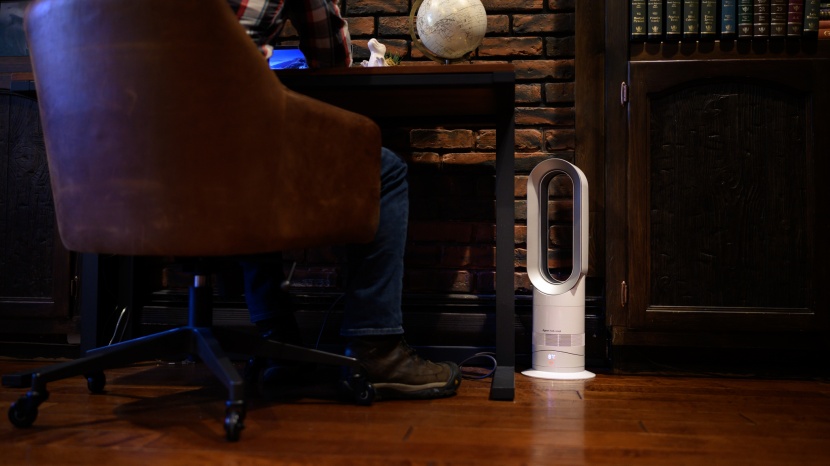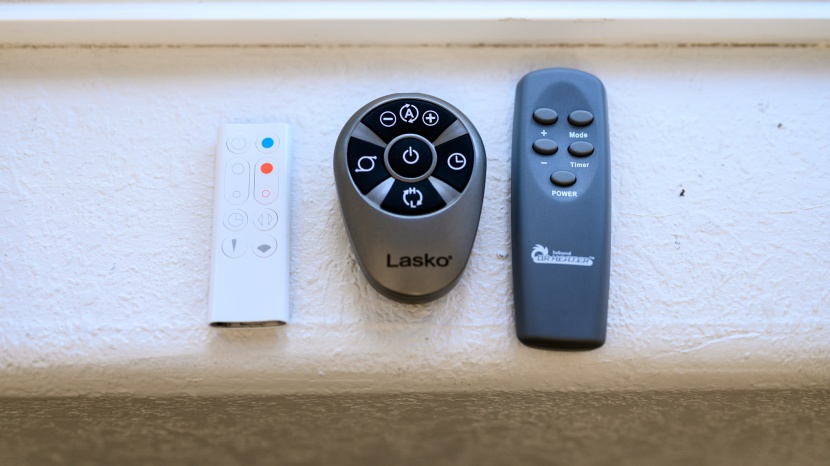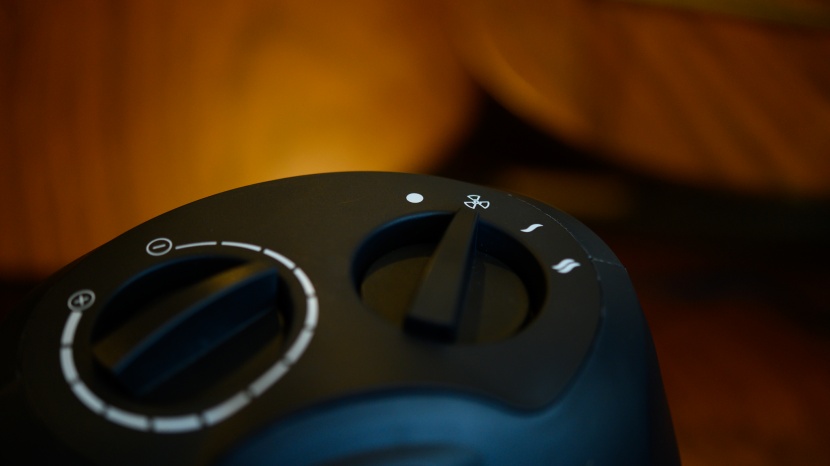Before we purchased our space heaters, we began by spending days on end scouring the web for user reviews and studying manufacturers' specification claims. We then bought the top models on the market for an in-depth, hands-on analysis to determine which one is truly the best. We looked into every aspect of their performance and design, beginning with their heating capabilities, and then got down to tiny details like the clarity of the instructions and diagrams on the buttons. After running dozens of assessments, we grouped our findings into four different metrics, each individually weighted as a percent of the total score. Read below to find out what our testing process specifically entailed.
Personal Heat
The great thing about these devices is that they're able to warm up a small area so that you aren't wasting money and energy heating up a whole house or building when it's unnecessary. For many people, their primary source of heat in their home or office is simply inadequate. Hence, a space heater is necessary to supplement warmth to be comfortable or concentrate. Considering these factors, we decided to dedicate 40% of the total score to this metric.
To test personal heating in an open space, we set the heaters to high and then subjectively assessed how they worked in two situations — under a desk and five feet away from a piece of furniture.
For the desk experiment, we measured how much cubic space each model took up and its footprint. We then rotated each heater around the lab to each team member's workspaces to judge how long each model took to heat and the intensity each one produced.
For our living room testing, we used each heater in many living rooms with varying amounts of cubic footage, different types of flooring, and different types of furniture. We carefully noted where each heater directed the hot air — we judged whether the air was more concentrated on your legs or if the warmth reached higher.
Convenience
This metric is another one that's rather subjective by nature, so to measure each model's convenience, we looked at several factors. Space heaters come with various options and features — some oscillate, some have timers, and some come with remote control. The remotes themselves display a large degree of variance regarding their functionality and design. Some have ways to store the remote on the unit, some buttons have words while others have symbols, and certain model remotes can't control the heater until a switch has been turned on on the device itself beforehand. We carefully documented all of these subtleties.
Certain models show words for the controls, while others show pictures or diagrams. Every model in our review has a temperature selector, but only certain ones have digital readouts. Finally, only a few of the models we've seen have an option to use the fan without the heating element being activated.
Small Room
To acquire some numeric data, we ran each space heater in the same 161 square foot room to measure the temperature change they were able to cause in a given amount of time. We were careful to ensure that the outside temperature was within a few degrees for each trial, as well as the temperature of the adjacent rooms. We set each model to high, then checked the temperature change produced after 20 mins, 40 mins, and 60 minutes.
Power Consumption
In our opinion, the biggest downside to running an electric space heater is the added costs to your power bill. Unfortunately, these machines are high-wattage, so we decided to take some measurements to determine the actual dollar amount you could end up forking out to have your rooms or workspace be a few degrees warmer. To determine power consumption, we used an in-line kilowatt energy consumption meter to measure the energy burned up by each space heater in two hours.
From these readings, we calculated kilowatt per hour (kWh) of use. We then calculated each model's estimated to power over 10 hours, one day, 30 days, 90 days, 180 days, and one year, then cross-referenced them with current power prices to establish how much each unit costs.
Conclusion
Our goal is to prove to our readers that we are a trustworthy source that provides you with accurate results from our extensive testing. We hope that, having read this article, you will now have the knowledge and the confidence to purchase the space heater that is perfect for you.









